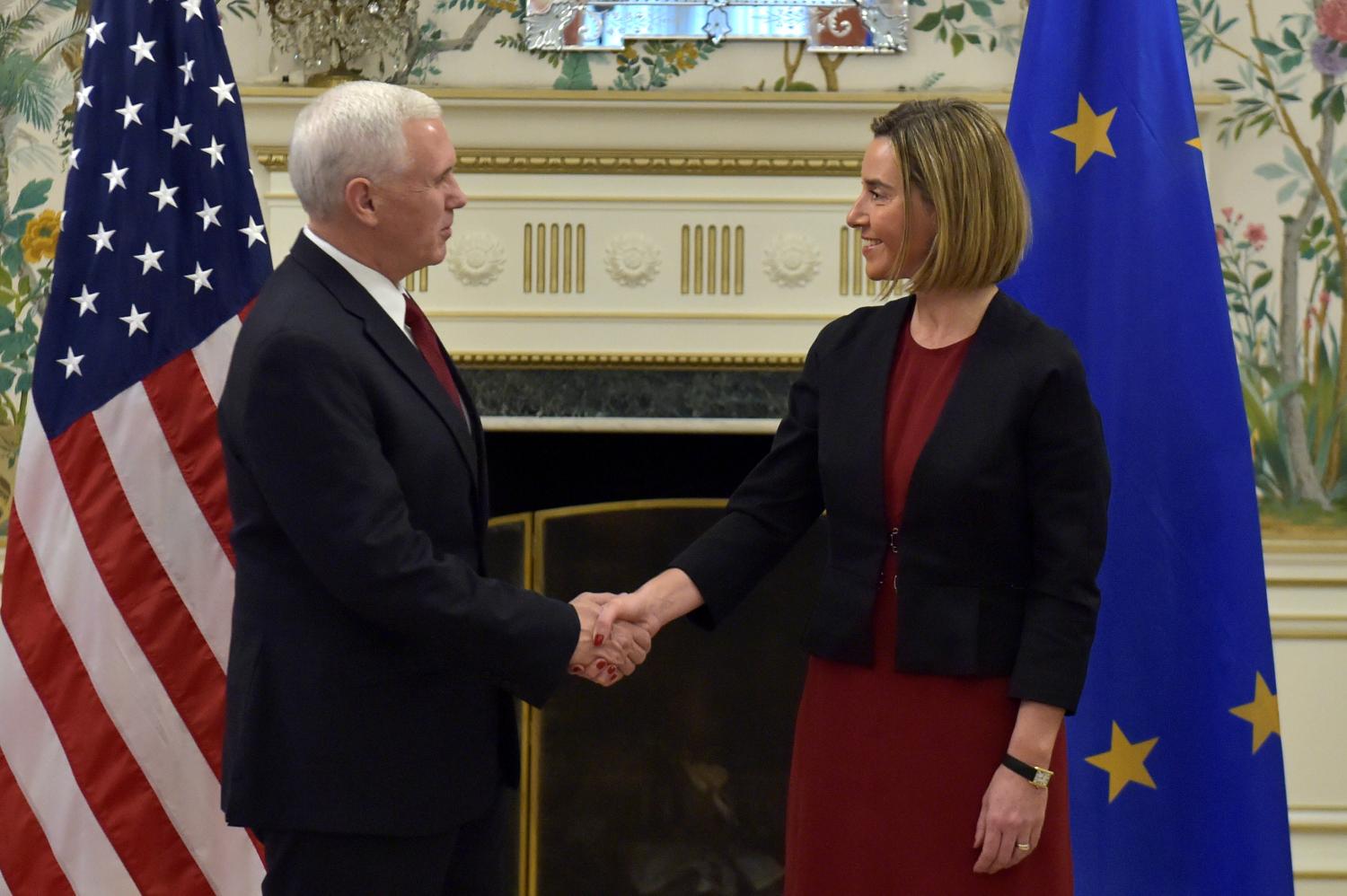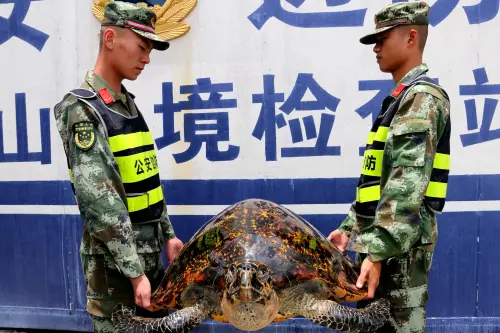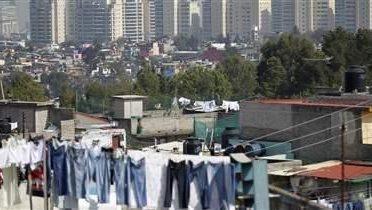During December 2009 and January 2010, I undertook a six-week research trip to Brazil. I conducted fieldwork for two separate projects:
- An investigation of illicit logging in the Amazon and illicit trade in wildlife in the Amazon and Pantanal, as well as Brazil’s law enforcement efforts to stem both.
- An assessment of drug trafficking and various policing approaches in the favelas (slums) of Rio de Janeiro and São Paulo.
During three weeks in the Amazon – in a remote area in northern Mato Grosso and southern Amazonas states where illegal logging and deforestation are rampant — and in Pantanal, I conducted numerous interviews with government officials, business owners, conservationists and those involved in illegal logging and wildlife trade (illegal loggers; owners and employees of legal logging companies; real estate agents; officials with IBAMA, Brazil’s environmental agency; environmental NGO representatives; people who help “launder” illegal seized land; ex-jaguar hunters; biologists; conservationists; and ranchers). Identifying and reaching appropriate interviewees frequently entailed complex logistics, including travel by motorized canoe and 20-hour days hiking in the rainforest and remote jungle areas. The research essentially involved “detective” work to establish a network of local contacts, which facilitated access to remote areas of illegal activity.
From my field research and interviews, I would make the following observations and initial conclusions:
- While the Brazilian government is clearly cracking down on illegal logging and deforestation far more than before, it is not clear whether the existing level of enforcement and resources permit an effective prevention of illegal activity.
- Even more worrisome, it is not clear that the existing policies to regulate legal logging and deforestation sufficiently preserve the ecosystem and biodiversity.
- Similarly, despite greater levels of enforcement of environmental regulations against the hunting and trade in wildlife in Brazil, a significant amount of hunting and trade is still taking place below the radar screen. There is an urgent need for environmental awareness campaigns directed at ranchers and the broader public in Brazil, replicating similar efforts in the international market, such as the United States and Western Europe.
The second part of my research focused on three major police efforts to retake control over Rio de Janeiro’s slums, or favelas, from drug trafficking gangs and extend the writ of the state to those areas using the so-called “Pacification Plan,” or UPP, and its precursor in the 1990s, GPAE (Special Areas Policing). Similarly, the research project also focused on the Virada Social program in São Paulo. The project involved a series of interviews in two Rio favelas: Babilônia, a recent site of the Pacification Program, and a “control” favela, Vila Cruzeiro, one of the most violent favelas with no government presence, but frequently subjected to highly violent military incursions by the special operation forces. Access to both favelas, including the recently “pacified one,” required the development of local contacts who served as “go-betweens” between the traffickers and the researcher, and as “guarantors” of the researcher’s neutrality. Even the visual difference between the two favelas was striking: while a community police force was present in the “pacified” favela, traffickers patrolled the streets with machine guns and grenades in the “non-pacified” favelas, checking everyone’s entrance at checkpoints and continuing to sell cocaine right in the middle of a public square. Bullet holes from military raids dotted every building I visited.
Here are initial observations and conclusions from the research trips into the favelas:
- “Pacification” programs in slum neighborhoods and against other territories controlled by drug gangs cannot rely solely on military force, however designed, but also must entail a careful and systematic integration of socio-economic programs.
- Addressing police corruption is as critical for the effectiveness of such programs.
- For any revival of a marginalized community and its integration into broader society, reducing levels of violence quickly is imperative; otherwise, social capital of the community becomes quickly decimated.
The Brookings Institution is committed to quality, independence, and impact.
We are supported by a diverse array of funders. In line with our values and policies, each Brookings publication represents the sole views of its author(s).







